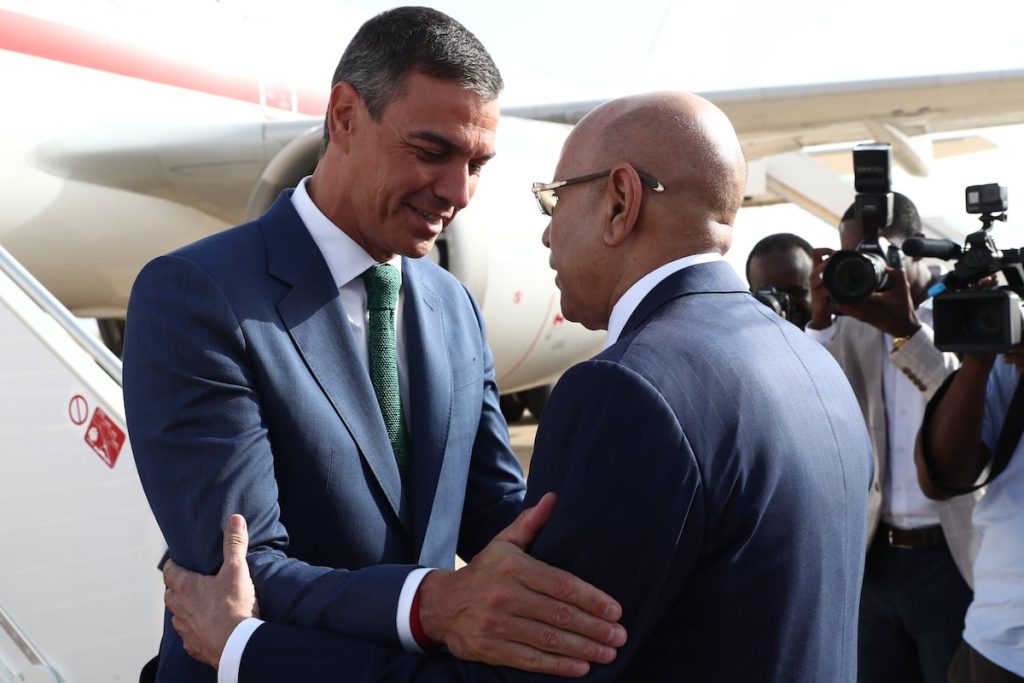The Spanish government is proud of the results of its policies to integrate immigrants into Spanish society. They highlight that 12% of Social Security affiliates are foreigners, and 60% of those between 18 and 23 years old are registered, a percentage much higher than that of Spanish nationals. Approximately 300,000 immigrants have regularized their status since 2021, but most of them arrived irregularly in Spain due to the lack of legal, orderly, and safe channels for immigration. The government aims to widen these channels and open up new pathways, which is why President Pedro Sánchez has embarked on a tour of three African countries starting with Mauritania.
During his visits to Nuakchot, Banjul, and Dakar, President Sánchez is signing circular migration agreements with the countries’ leaders. These agreements include training programs for nationals to work in Spain as seasonal agricultural laborers. The Ministry of Inclusion, Social Security, and Migrations reports that 20,515 immigrants have worked in Spain under these programs, mainly from Morocco and Latin America. Only 152 immigrants have benefited from Senegal, the one country among the three visited by Sánchez that has participated in this system.
The agreement signed by the Spanish and Mauritanian presidents aims to establish a program for safe, orderly, and regular migration between the two countries, focusing on circular migration programs that prioritize young people and women. President Sánchez emphasizes that immigration is a matter of both principles and rationality for Spain, highlighting the economic contribution of migrant workers to the country. He rejects xenophobic rhetoric and stresses that migration is a source of wealth, development, and prosperity.
This political agreement must now be translated into a specific program including a catalog of training and job offers in Spain. However, it is unlikely to be implemented in time to address the expected influx of irregular migrants to the Canary Islands this fall. The Spanish government estimates a need for up to 250,000 workers annually to meet the demands of the labor market, a gap that new legal migration pathways alone may not fill.
The Spanish government denies lacking a comprehensive plan to address immigration, refuting claims by the opposition that it fails to have a clear strategy. The fight against irregular immigration also involves promoting economic development in countries of origin and transit. Spain is keen on ensuring that the promised €500 million in aid, pledged by Sánchez and Ursula von der Leyen, reach the intended programs. Cooperation with African nations like Mauritania is crucial to this strategy to tackle irregular migration and instability in the region.
High-level discussions between President Sánchez and President Ghazouani of Mauritania focused on the Sahel region’s critical situation, characterized by political instability, military interventions, and terrorist threats. Mauritania, hosting 200,000 refugees from Mali, faces a humanitarian crisis exacerbated by Western countries’ neglect. Spain and Mauritania elevate their bilateral relations, committing to holding a High-Level Meeting in 2025. Spain’s cultural presence in Mauritania, through the Instituto Cervantes, signifies a deeper engagement with the country in the coming years.


